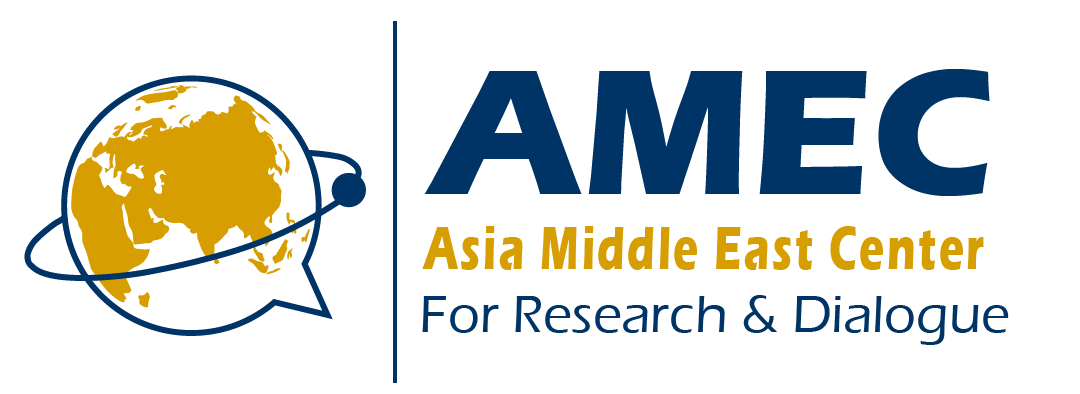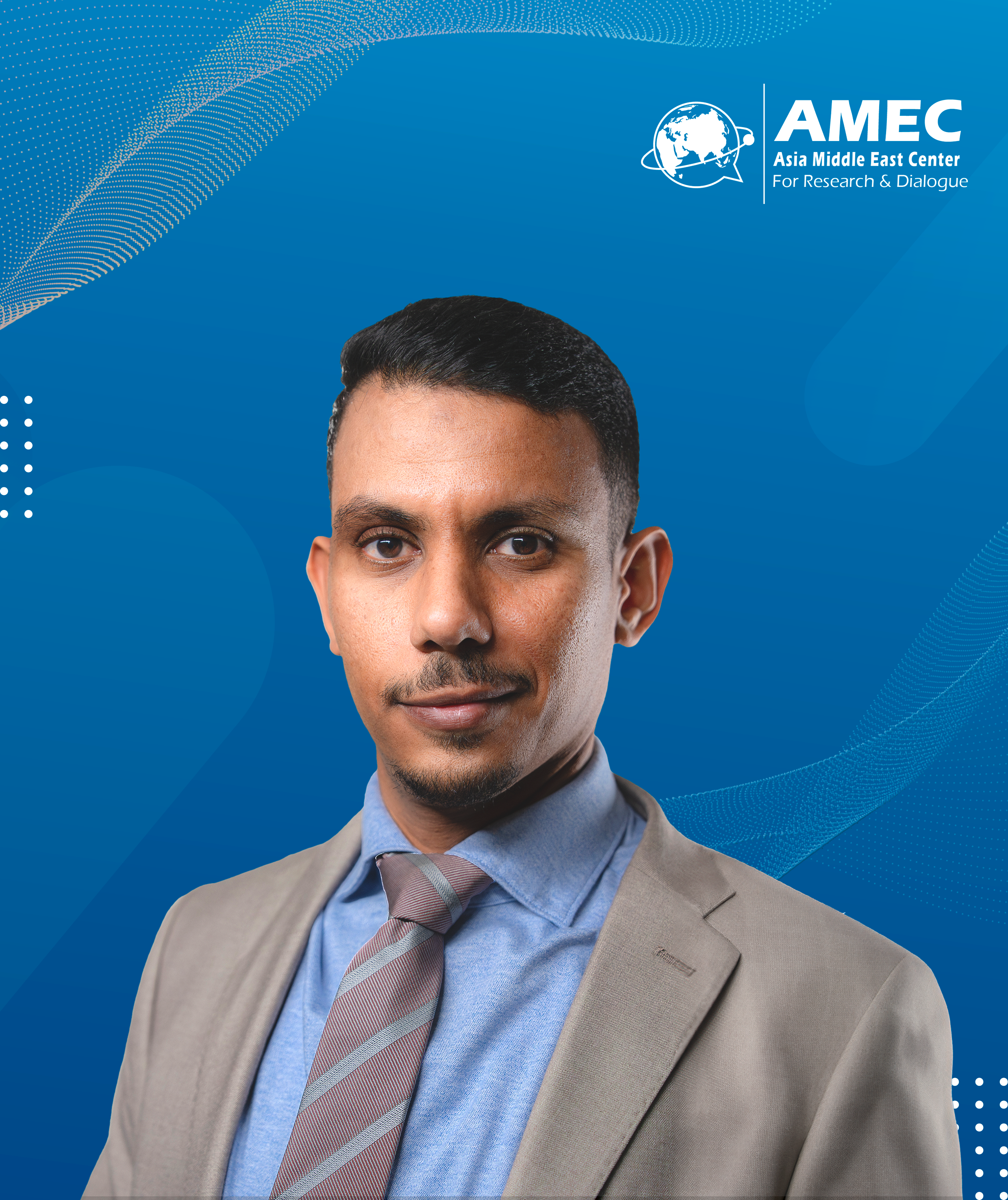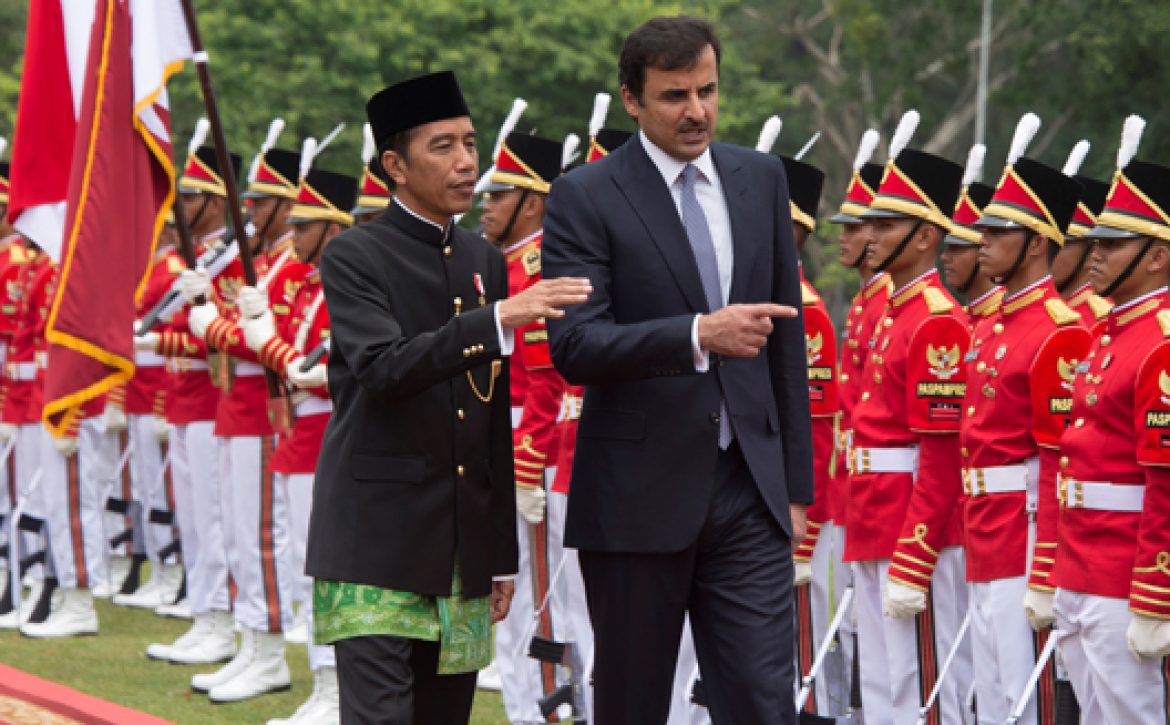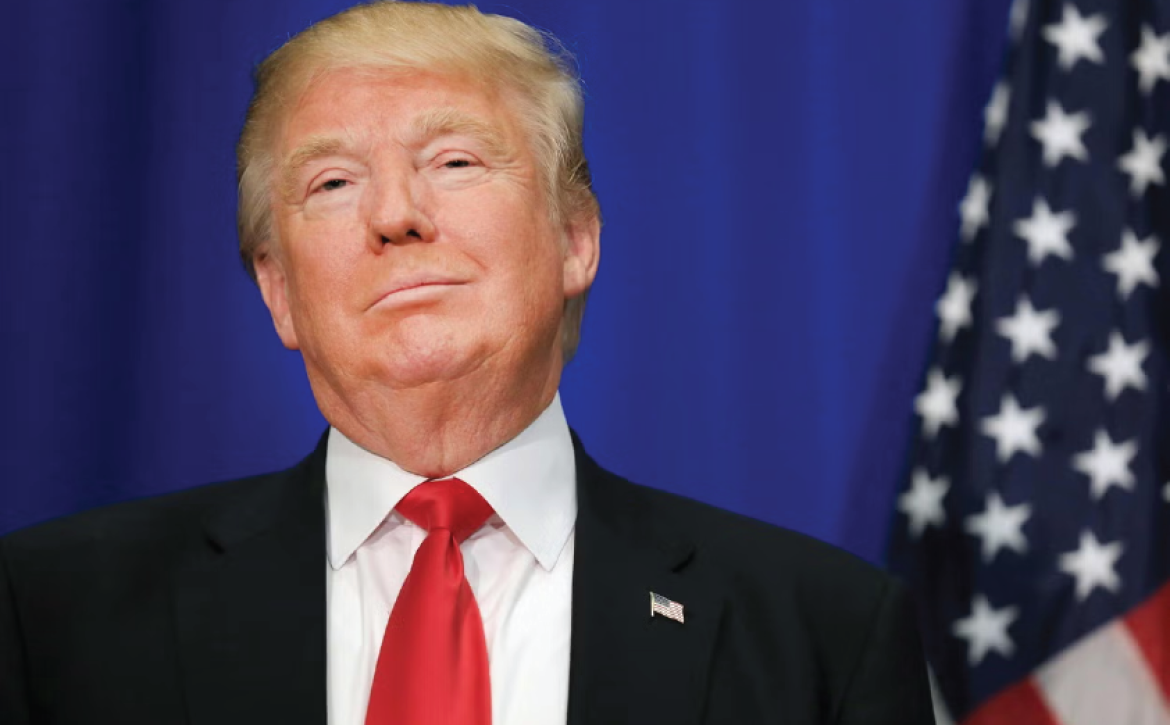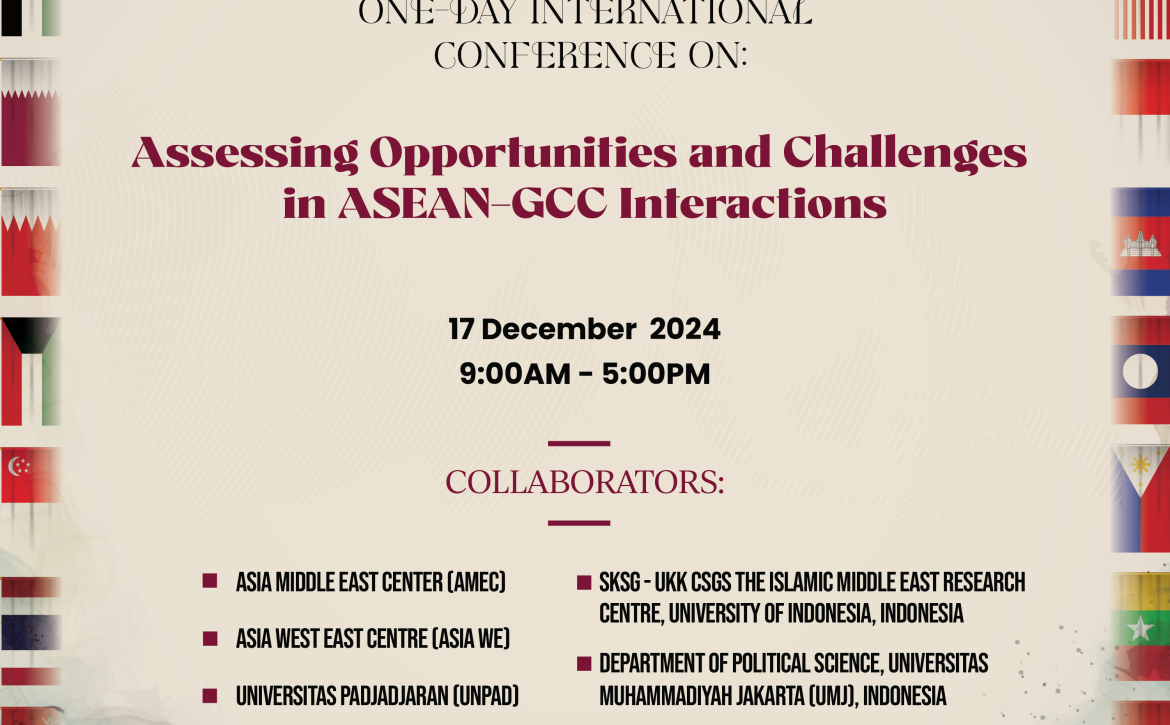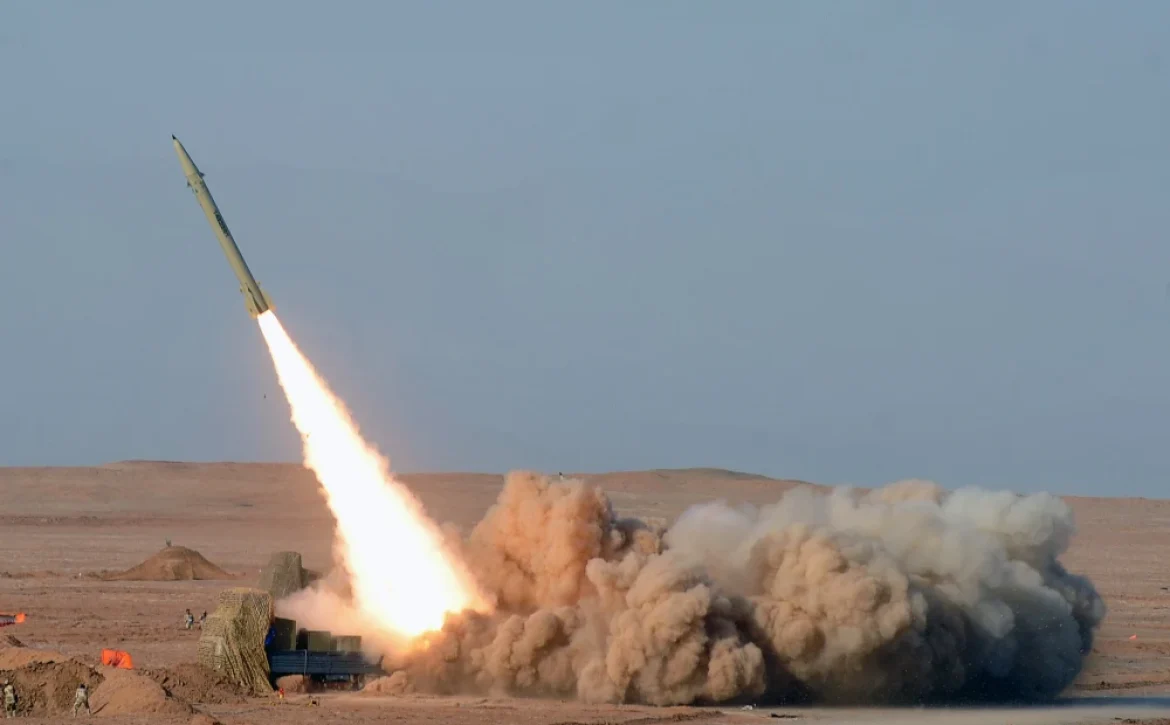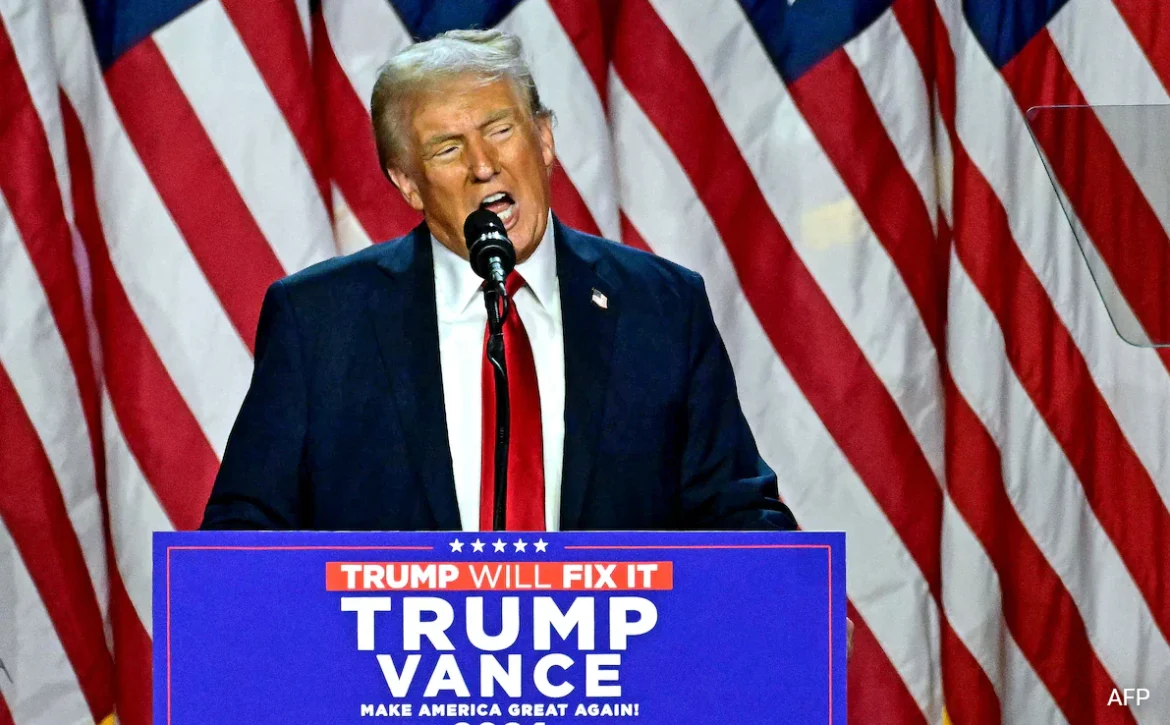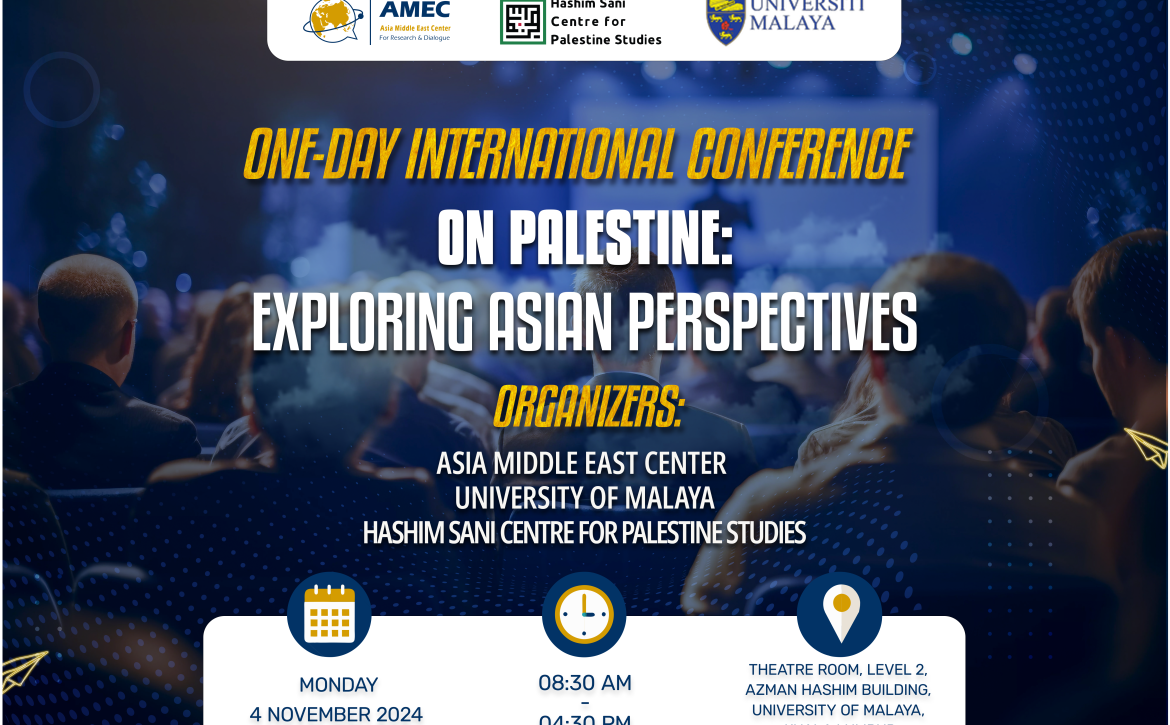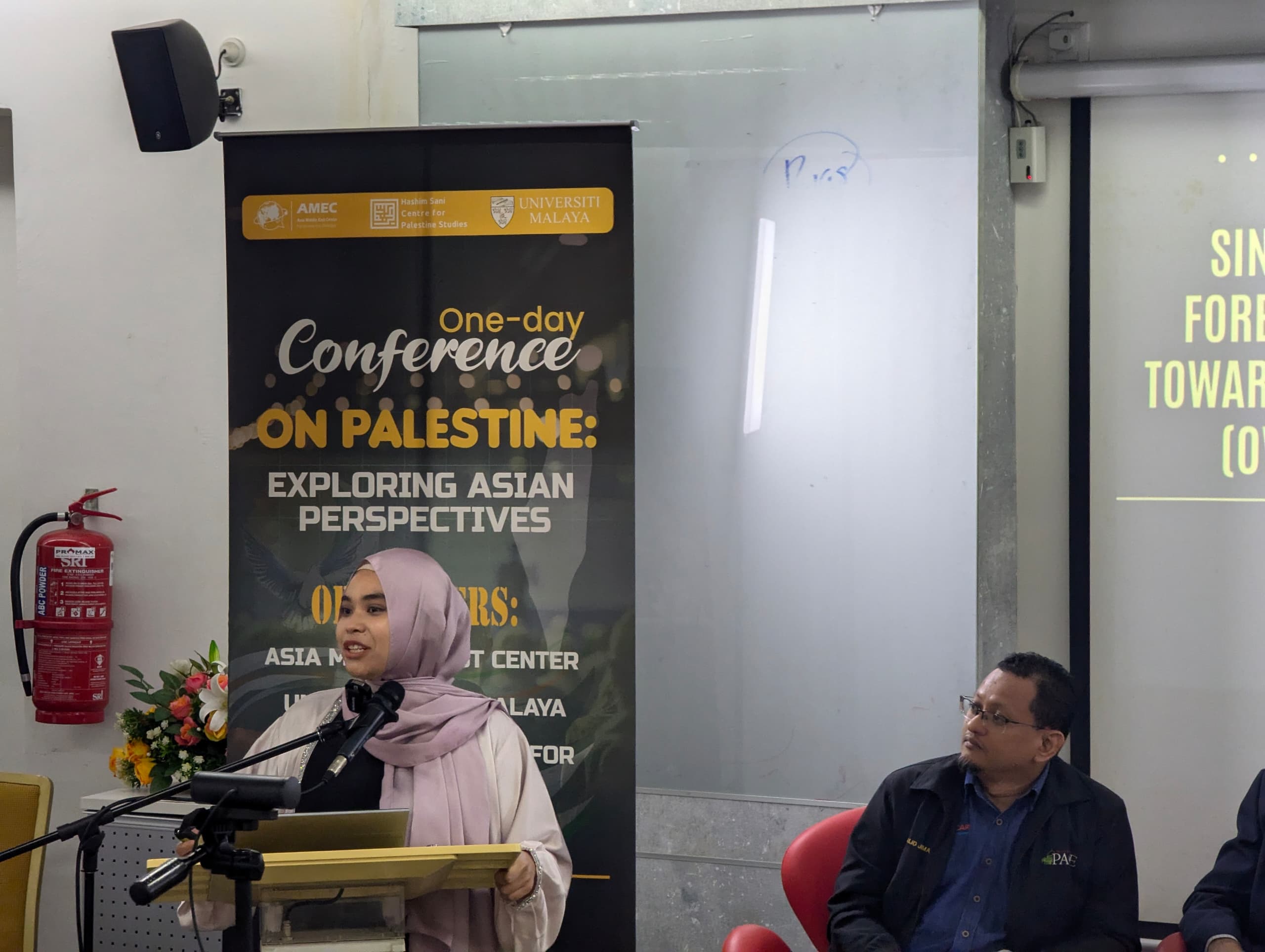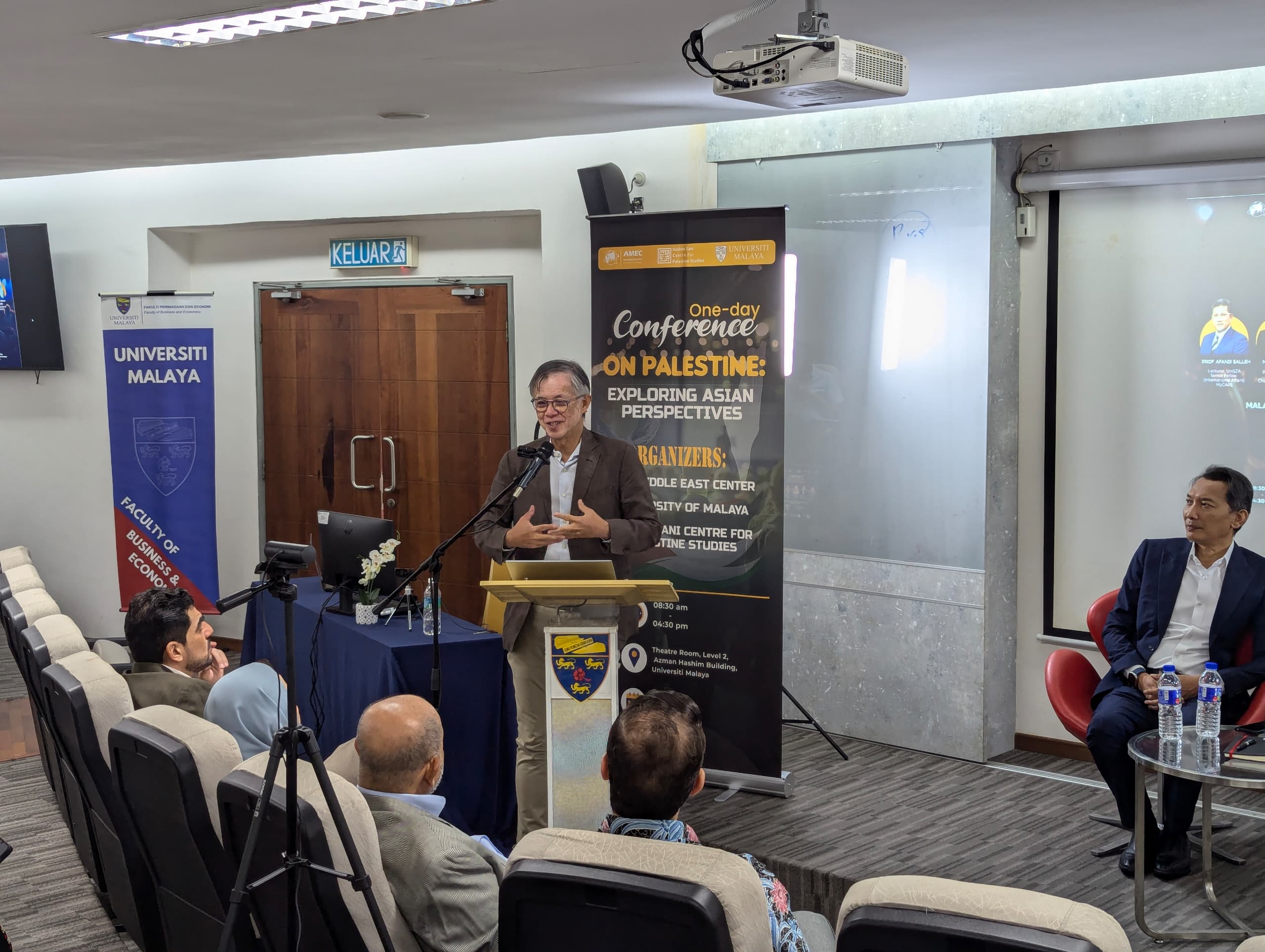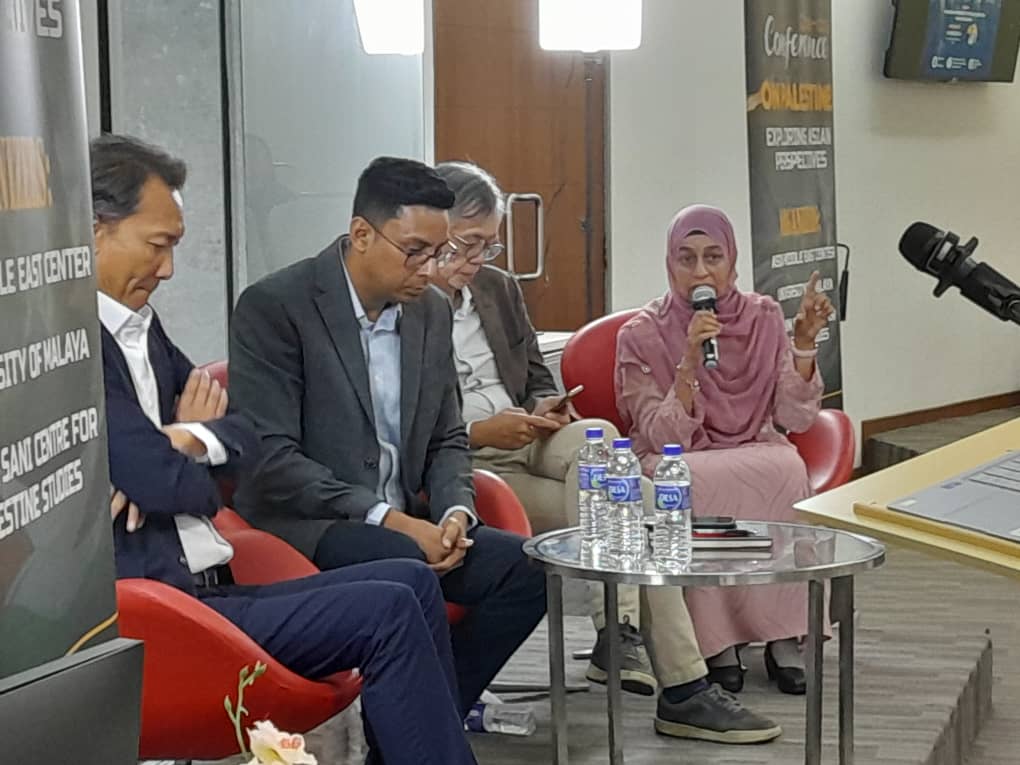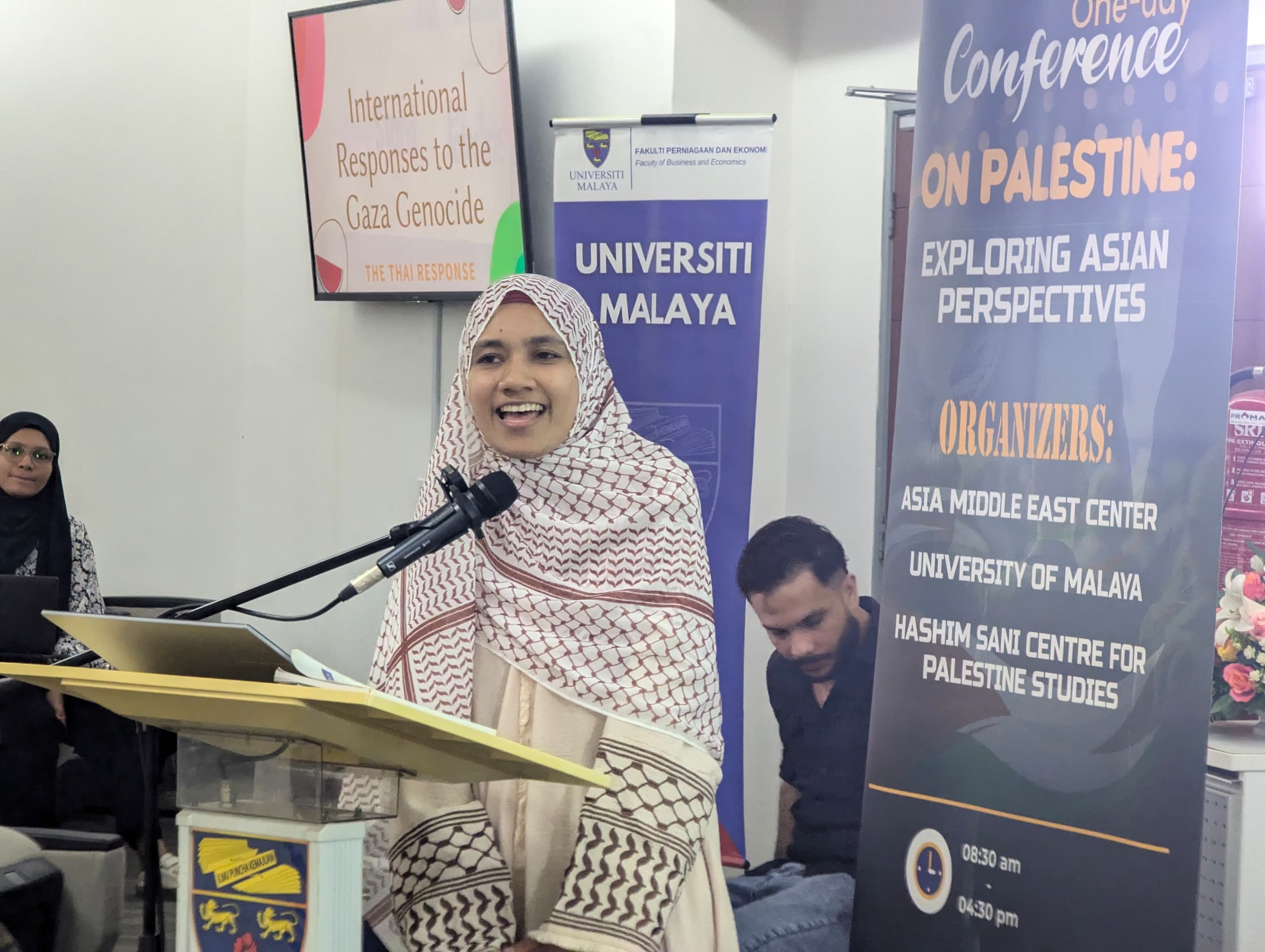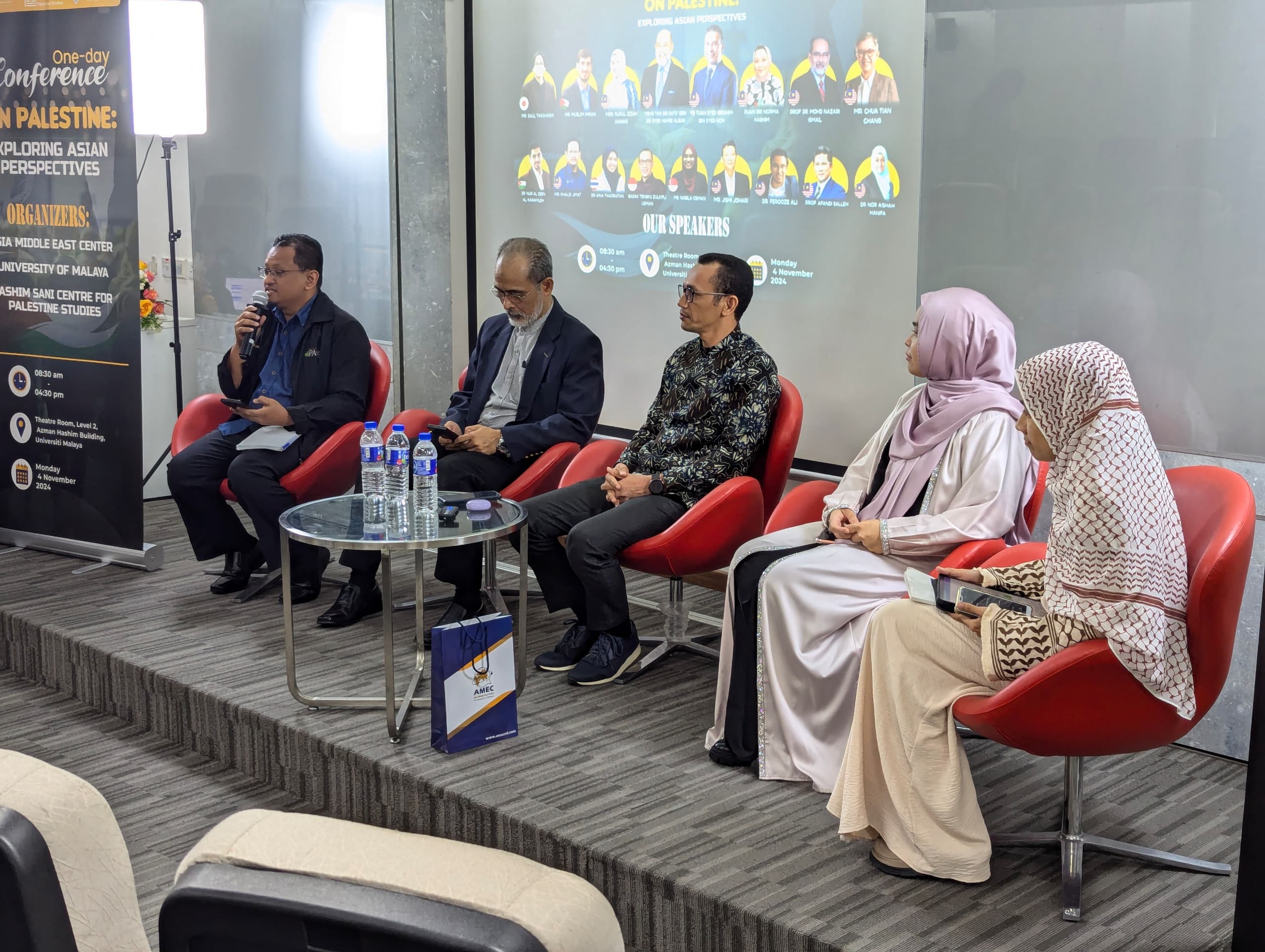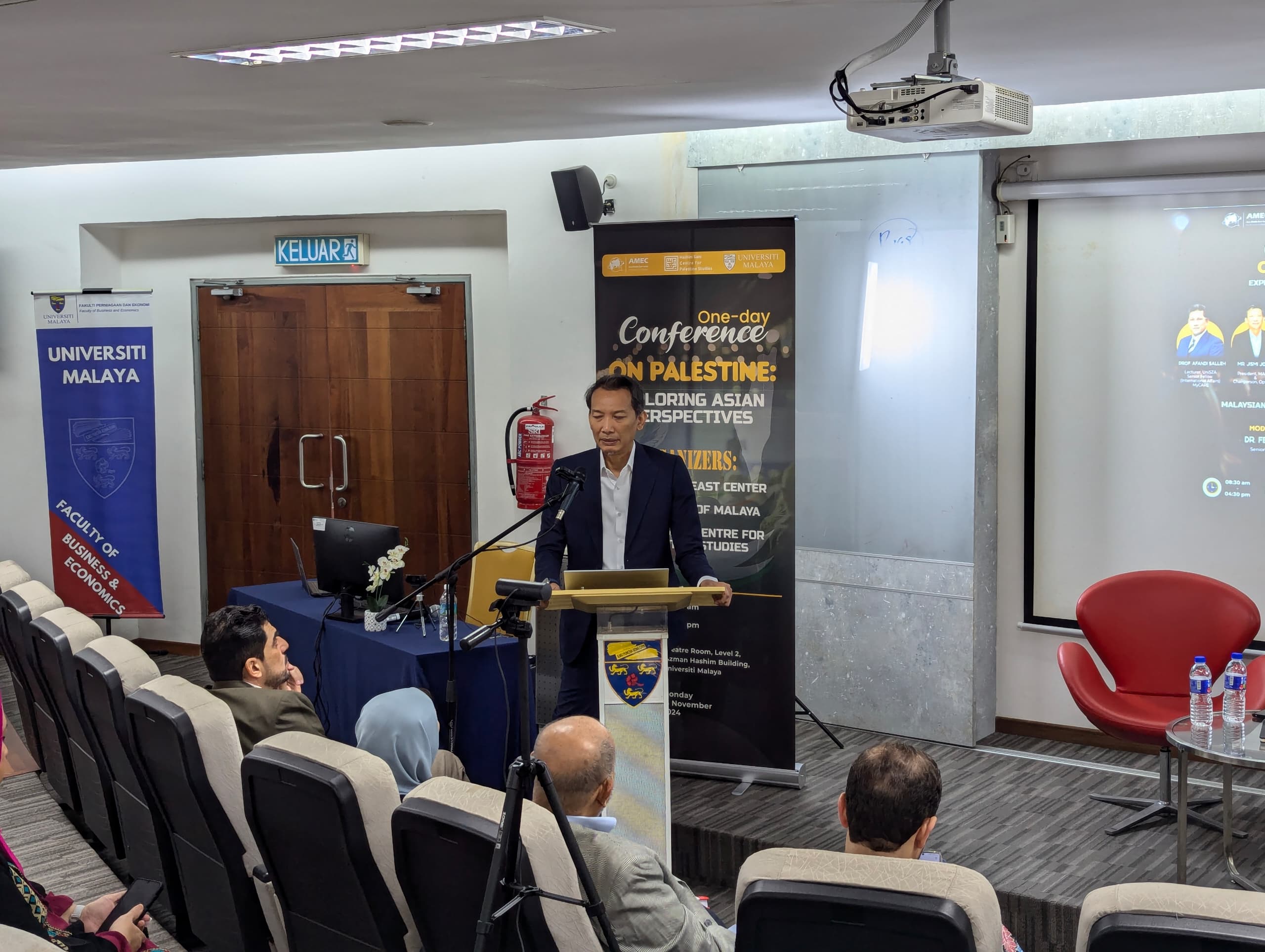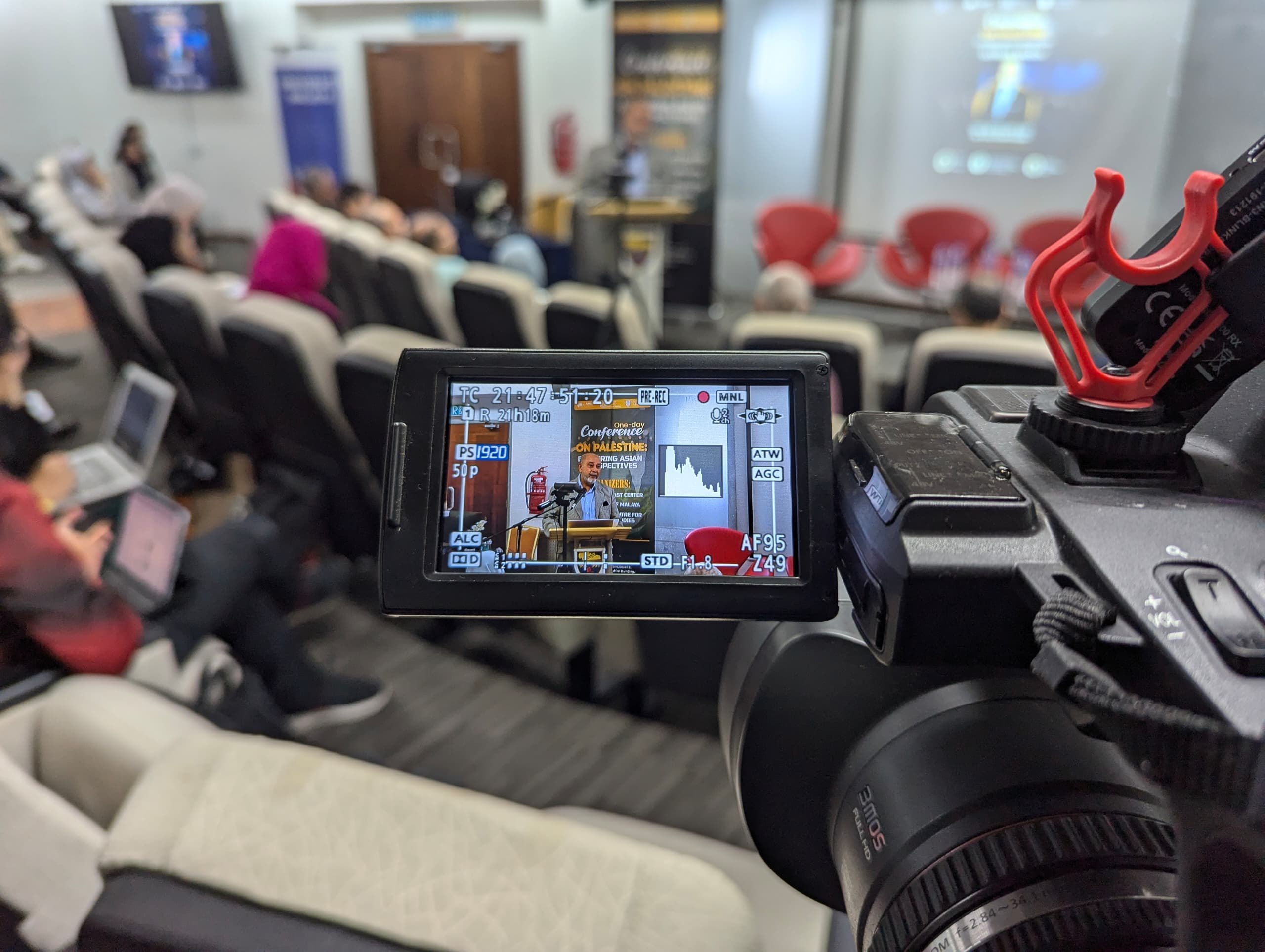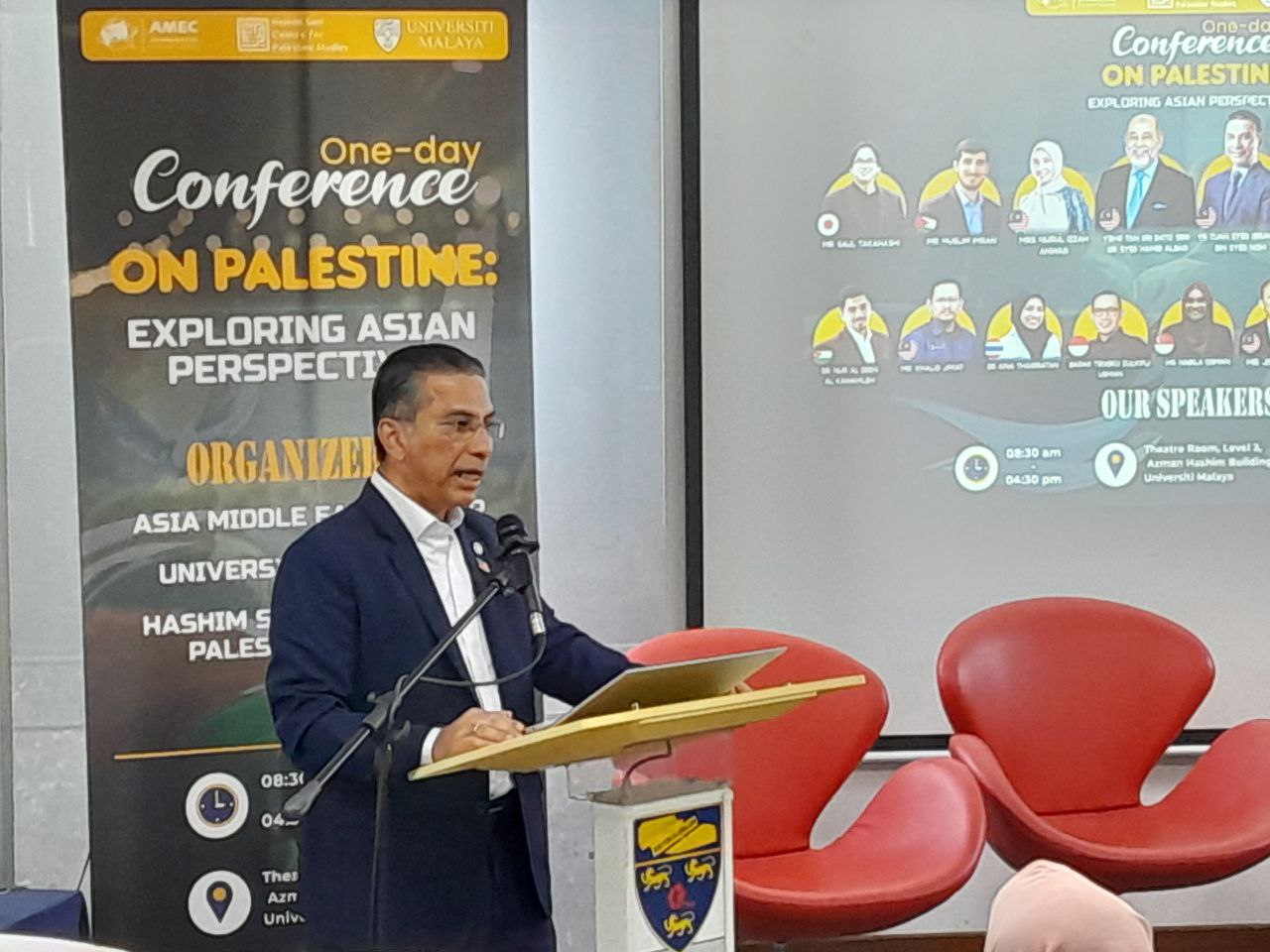From Plan to Action: Localising Circular Economy from the Youth Perspective
Presented at the International Conference on ASEAN-GCC Relations, Jakarta, Indonesia | 17 December 2024
Introduction
The transition to a circular economy (CE) is crucial for addressing environmental challenges and ensuring sustainable economic growth. The traditional linear economic model of “take, make, dispose” has led to significant resource depletion and waste generation. This article explores the need for transitioning to a circular economy, the existing ASEAN framework, policy initiatives in Malaysia, and the role of youth in driving this transformation.
The Urgency of Circular Economy Transition
Malaysia produces approximately 39,000 tonnes of waste daily, with municipal solid waste largely composed of food waste (44%), plastic (13%), and paper (12%). Despite efforts to improve recycling rates, which reached 35.38% in 2023 against a target of 40% by 2025, challenges persist. The “Business as Usual” approach exacerbates the Triple Planetary Crises of climate change, pollution, and biodiversity loss, highlighting the urgent need for a shift to a CE model.
ASEAN’s Circular Economy Framework
The ASEAN Circular Economy Framework identifies several gaps that need to be addressed:
- Policy Alignment: Greater integration of CE principles within national and regional policies in trade, technology, and finance sectors is necessary.
- Standardised Metrics: The lack of monitoring mechanisms hinders progress assessment.
- Public-Private Partnerships: Increased investment in circular innovations is essential for bridging the gap between theory and practical implementation.
- Extended Producer Responsibility (EPR): Holding manufacturers accountable for the entire product lifecycle, including waste management, is critical.
Circular Economy Policies in Malaysia
Malaysia has implemented several policies aimed at fostering a circular economy:
- National Industrial Policy (MITI): Incorporates CE as a driver for net-zero commitments.
- Energy Transition Roadmap (NRES): Focuses on bioenergy and waste-to-energy solutions.
- Plastic Circular Economy Framework (KPKT): Promotes plastic circularity across the value chain.
- Solid Waste Management Strategic Framework: Aims to transform waste management into a CE model.
- Manufacturing CE Framework (MITI): Supports Net Zero 2050 goals and aligns with NIMP2030.
Regional Initiatives
- Indonesia CE Roadmap (2025-2045): Focuses on resource efficiency, sustainable production, and implementing the 9R principles (Reduce, Reuse, Recycle, Repair, Refurbish, Remanufacture, Repurpose, Recover, and Redesign).
- Thailand CE Ecosystem Framework: Promotes a shift from consumption to resource management.
- Ipoh City Council’s Doughnut Economy Model: Balances economic modernization with cultural heritage preservation, addressing urban poverty and food security.
Role of Youth in Circular Economy
Youth play a pivotal role in advocating for and implementing CE practices:
- Equitable Platforms: Ensuring youth voices are included in decision-making processes.
- Social and Environmental Advocacy: Raising awareness and mobilizing action.
- Intergenerational Knowledge Exchange: Learning from older generations to implement effective CE strategies.
Challenges and Solutions
- Fragmented CE Implementation: Need for harmonized standards and a regional framework.
- Limited MSME Support: Nearly 48% of MSMEs lack policy and financial backing.
- Structural Inequalities: Need to balance modern CE solutions with traditional practices.
Key solutions include:
- Expanding Regional Integration: Strengthening the ASEAN Circular Economy Business Alliance (ACEBA).
- Developing Innovative Financing: Implementing venture debt, blended finance, and carbon credit monetization.
- Enhancing Stakeholder Collaboration: Promoting partnerships between academia, businesses, and policymakers.
- Bridging Traditional and Modern Practices: Strengthening university-community collaboration.
KWAP’s Commitment to Sustainability
As a major institutional investor, KWAP integrates sustainability principles into its operations:
- DEI Policies: Ensuring diversity, equity, and inclusion.
- Human Capital Development: Investing in leadership and employee engagement.
- Community Empowerment: Supporting NGOs and government initiatives.
- Net Zero Goals: Committing to a net zero portfolio by 2050.
- Circular Economy Young Leaders for Change (CYCLE): Empowering young leaders to drive sustainability initiatives.
Conclusion
A successful transition to a circular economy in ASEAN and the GCC requires comprehensive policies, active youth participation, and collaboration across sectors. With the right strategies in place, the region can move towards a more sustainable and resilient future.
Disclaimer: This article is based on a presentation by Mohammad Zulhafiy Zol Bahari from Kumpulan Wang Persaraan (Diperbadankan) [KWAP] during the International Conference on ASEAN-GCC Relations in Jakarta, Indonesia, on 17 December 2024.

